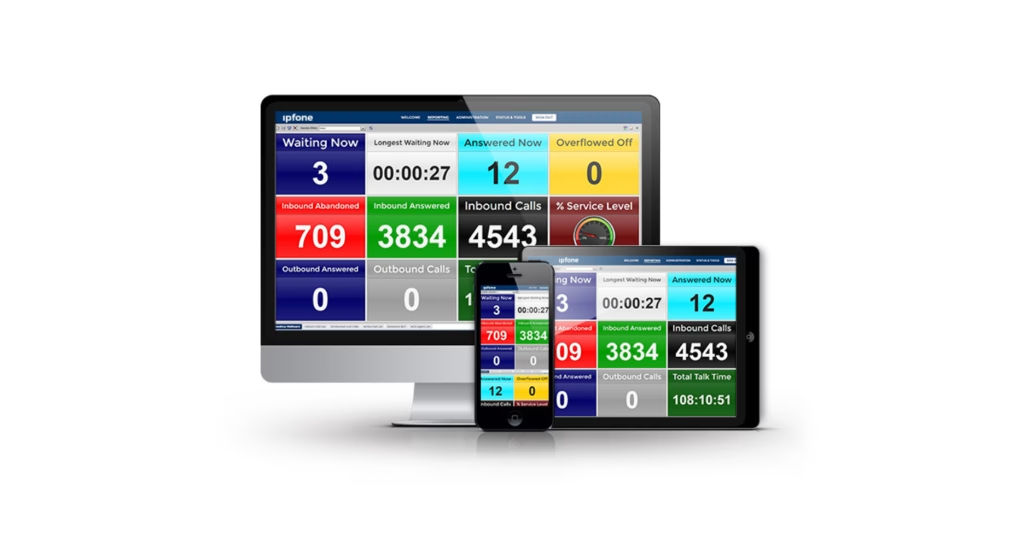Artificial Intelligence (AI) has revolutionized the way we communicate, transforming both personal and business interactions in profound ways. From enhancing customer service experiences to streamlining internal collaboration, AI is now embedded in communication technologies to improve efficiency, security, and personalization. With the ever-growing demand for faster, smarter, and more reliable communication tools, AI plays a pivotal role in shaping modern communication strategies.
Enhancing Customer Support with AI-Driven Solutions
AI-powered virtual assistants and chatbots have become an essential part of customer service. These tools are designed to handle routine queries, provide 24/7 support, and resolve issues without human intervention. AI chatbots can simulate human-like conversations, offering real-time solutions and reducing the need for customers to wait for assistance. By automating these interactions, businesses can reduce response times, lower operational costs, and improve overall customer satisfaction. These tools also analyze past interactions to continually improve and provide personalized responses.

Speech Recognition and Natural Language Processing (NLP)
AI’s ability to understand and process human language has evolved significantly thanks to advancements in Natural Language Processing (NLP). Speech recognition technologies, powered by AI, allow for smoother communication through voice commands, dictation, and real-time transcription. Whether it’s automating customer service calls or enabling users to search the web through voice assistants, these technologies simplify communication and improve accessibility. For businesses, AI-driven transcription tools like those found in platforms such as Webex can automatically transcribe meetings, allowing team members to focus on the conversation without worrying about note-taking.

AI-Driven Collaboration Tools
Modern workplaces are increasingly dependent on collaboration tools that integrate AI to facilitate teamwork, especially in hybrid and remote work environments. AI-enhanced platforms, like Webex, come with features like real-time language translation, smart meeting summaries, and predictive scheduling. These tools allow teams to collaborate effectively regardless of geographical location, language barriers, or time zones. AI also helps by identifying key discussion points, tracking action items, and even assigning tasks based on conversation context, making collaboration more streamlined and productive.

Personalized Communication
AI allows businesses to deliver highly personalized communication experiences. By analyzing data on customer preferences, behaviors, and previous interactions, AI can generate tailored messages and responses that resonate more deeply with the individual. This level of personalization is seen in email marketing, customer support, and even chat interactions. For example, AI-driven recommendation engines can suggest products or services that are more likely to appeal to a customer, thus enhancing engagement and driving conversions.
Improving Communication Security with AI
As communication platforms grow more sophisticated, so do the security threats. AI is instrumental in detecting and mitigating potential security risks. Through machine learning algorithms, AI can analyze communication patterns, detect anomalies, and prevent fraudulent activity in real-time. End-to-end encryption, powered by AI, ensures that communications remain private and secure, providing an additional layer of protection for sensitive data. By continuously learning from new data, AI helps businesses stay ahead of emerging threats, making communication networks more resilient to cyberattacks.

Data-Driven Decision Making
AI-powered analytics tools provide businesses with actionable insights into communication data. For example, a customer service team using an AI-driven call recording platform could identify that most customer complaints arise from a specific product issue. By analyzing call patterns and keywords like “return” or “defective,” the AI pinpoints a recurring pain point, prompting the company to improve the product and update its FAQ. AI can help companies optimize their communication strategies and save time by analyzing user interactions, feedback, and behavior patterns.
These insights allow businesses to fine-tune their messaging, improve customer experiences, and make more informed decisions about future communication efforts. With AI, companies can quickly identify trends, bottlenecks, or opportunities for improvement, ensuring that they remain competitive in a data-driven world.
The role of AI in modern communications is undeniable. From improving customer service to enabling seamless collaboration across teams, AI is transforming the way businesses interact, both internally and externally.
As AI technologies continue to evolve, their integration into communication platforms will only become more sophisticated, enabling companies to provide faster, smarter, and more secure communication solutions. For businesses looking to stay competitive, adopting AI-driven communication tools is no longer an option—it’s a necessity.
Curious about how AI can transform your business communications? Contact us today or visit our page to learn more!




